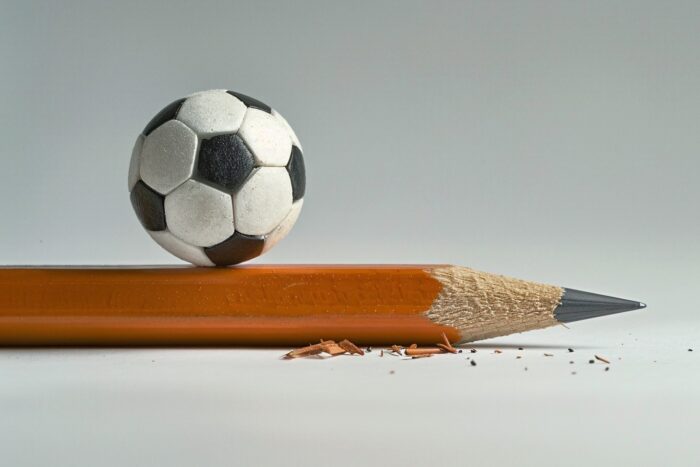Many aspiring athletes dream of becoming Division 1 soccer players. However, this dream comes with the challenge of balancing rigorous academic requirements with intense athletic commitments. Division 1 athletes often face demanding schedules, which can make it difficult to excel both on the field and in the classroom. Kevin Morgan of Rochester, NY, provides valuable tips and strategies to help Division 1 soccer players manage their dual responsibilities effectively.
Understanding the Demands
Academic Responsibilities
Division 1 soccer players must meet the same academic standards as their non-athlete peers. This includes maintaining a certain GPA, attending classes, completing assignments, and preparing for exams. Many athletes are also required to take a full course load in order to stay on track for graduation.
Athletic Commitments
The athletic demands of being a Division 1 soccer player are equally challenging. This includes daily practices, strength and conditioning sessions, travel for away games, and the games themselves. The soccer season can be long, with pre-season training starting in the summer and the competitive season running into the late fall or early winter.
Strategies for Balancing Academics and Athletics
Time Management
Effective time management is crucial for balancing academics and athletics. Here are some effective strategies:
- Create a Schedule: Use a planner or digital calendar to map out your daily, weekly, and monthly commitments. Include class times, practice sessions, study periods, and personal time.
- Prioritize Tasks: Identify your most important tasks each day and make sure to tackle them first. This helps ensure that critical academic and athletic responsibilities are met.
- Avoid Procrastination: Stay ahead of your assignments and study schedule. Procrastination can lead to unnecessary stress and poor performance in both areas.
Communication
Maintaining open lines of communication with coaches, professors, and academic advisors is essential.
- Talk to Your Coaches: Let your coaches know about any academic challenges or conflicts. Most coaches understand the importance of academics and can provide support or adjust schedules when necessary.
- Engage with Professors: Inform your professors about your athletic commitments, especially when you are going to miss classes for games or travel. This proactive approach can help you gain their understanding and support.
- Utilize Academic Advisors: Academic advisors can help you select courses that fit your athletic schedule and provide guidance on managing your workload.
Academic Support Services
Take advantage of the academic support services provided by your university.
- Tutoring Services: Many universities offer tutoring services specifically for student-athletes. Regular sessions can help you stay on top of challenging subjects.
- Study Groups: Joining or forming study groups with fellow student-athletes can be beneficial. This collaborative approach can make studying more efficient and less isolating.
- Learning Centers: Utilize campus learning centers that offer workshops on time management, study skills, and exam preparation.
Self-Care and Wellness
Balancing academics and athletics can be stressful, making self-care crucial.
- Prioritize Sleep: Adequate sleep is essential for both academic and athletic performance. Aim for 7-9 hours of sleep per night to ensure you are well-rested.
- Healthy Diet: Maintain a balanced diet to fuel your body and mind. Proper nutrition supports physical performance and cognitive function.
- Mental Health: Pay attention to your mental health. Many universities offer counseling services for student-athletes. Don’t hesitate to seek help if you feel overwhelmed.
Flexibility and Adaptability
The ability to adapt to changing circumstances is an important skill for balancing dual responsibilities.
- Stay Flexible: Understand that schedules can change due to unexpected events like injuries or rescheduled games. Be prepared to adjust your plans as needed.
- Set Realistic Goals: Set achievable academic and athletic goals. Recognize that there will be times when one area may require more focus than the other.
- Learn to Say No: It’s important to know your limits. While extracurricular activities and social events are part of the college experience, overcommitting can easily lead to burnout.
Balancing academics and athletics as a Division 1 soccer player is no easy feat, but it is achievable with the right strategies and mindset. Effective time management, open communication, utilizing support services, prioritizing self-care, and staying flexible are key components to success. By adopting these practices, student-athletes can thrive both on the field and in the classroom, setting themselves up for a bright future in both their academic and athletic careers.
